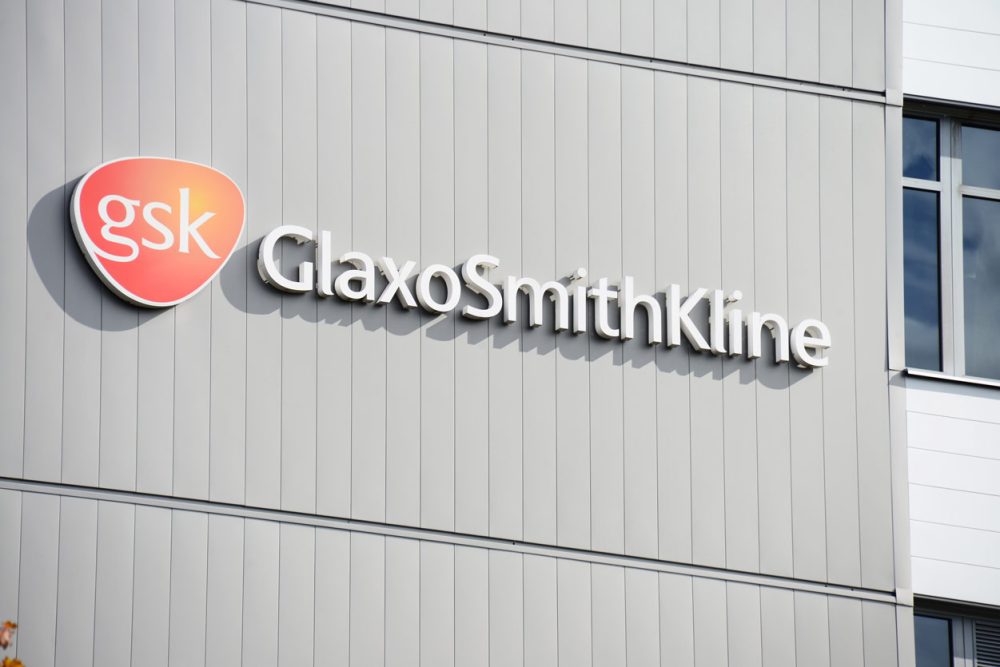Advertisment
MHLW (Japan) accepts for review application for Nucala to treat chronic rhinosinusitis with nasal polyps – GSK

GSK plc announced that the Japanese Ministry of Health, Labour and Welfare (MHLW) has accepted for review a supplementary new drug application (sJNDA) for Nucala (mepolizumab), a monoclonal antibody that targets interleukin-5 (IL-5), as a treatment for chronic rhinosinusitis with nasal polyps (CRSwNP) in adult patients.
The sJNDA is based on results of the pivotal phase III MERIT trial which studied the efficacy and safety of mepolizumab over a 52-week period in a population of Japanese, Chinese and Russian patients with inadequately controlled CRSwNP or eosinophilic chronic rhinosinusitis (ECRS) as well as data from the global phase III SYNAPSE study, which explored the effect of mepolizumab vs. placebo in more than 400 patients with CRSwNP.
CRSwNP/ECRS affects 2-4% of the general population. In Japan, it is estimated that there are 2 million people with chronic sinusitis, of which about 200,000 are subject to surgery due to nasal polyps. CRSwNP is caused by chronic inflammation of the nasal lining. Elevated levels of IL-5 are associated with CRSwNP as a result of T2 inflammation, which can cause soft tissue growth, known as nasal polyps that develop in the sinuses and nasal cavity. People with CRSwNP experience symptoms such as nasal obstruction, loss of smell, facial pressure, sleep disturbance and nasal discharge.2 Surgery may be indicated for severe cases. However, polyps have a strong tendency to reoccur, often leading to repeat surgery.
If approved, mepolizumab would be the first anti-IL-5 biologic for adult patients with inadequately controlled CRSwNP in Japan. Mepolizumab is approved in Japan as a treatment for bronchial asthma in children aged 6 years or older and in adults with refractory asthma whose symptoms are inadequately controlled with standard treatment and also for the treatment of adult patients with eosinophilic granulomatosis with polyangiitis (EGPA) inadequately responding to the current treatment.
About the MERIT trial: The primary endpoints were change from baseline in total endoscopic nasal polyp score at week 52 and change from baseline in mean nasal obstruction visual analogue scale (VAS) score during the 4 weeks prior to week 52.1 The co-primary endpoints were met, and the efficacy and safety of mepolizumab in the Japanese population were consistent with results from global trials.





